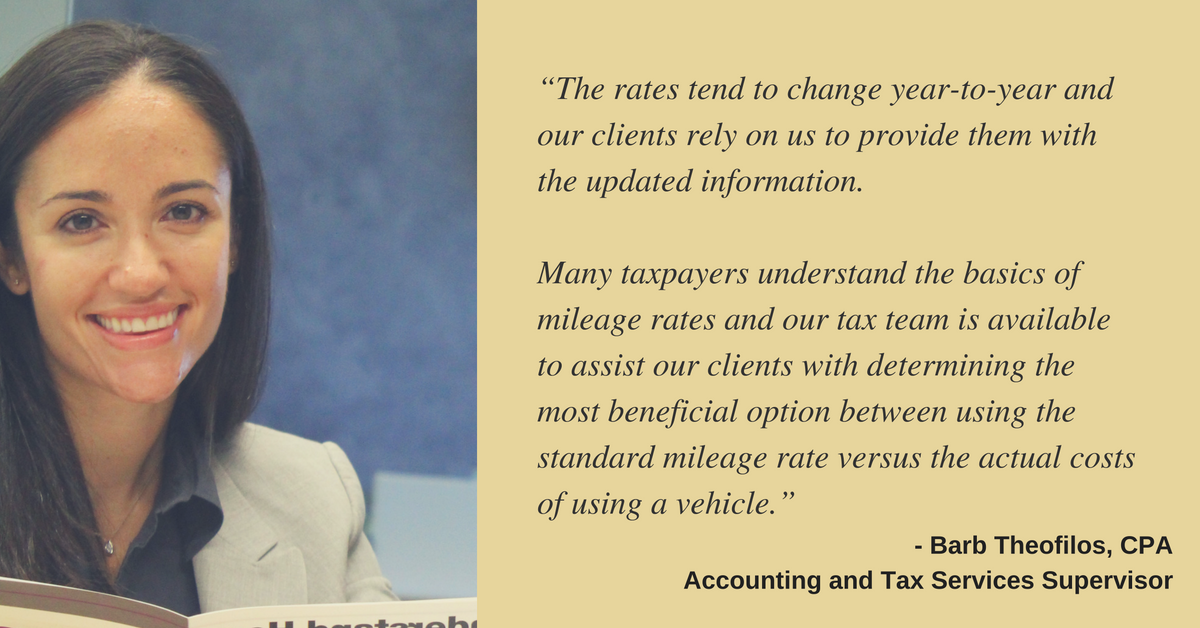From IRS.gov
IR-2017-80, April 12, 2017
WASHINGTON — With the April 18 deadline fast approaching, the Internal Revenue Service today offered taxpayers still working on their 2016 taxes a number of tips.
The IRS encourages taxpayers to file electronically. Doing so, whether through e-file or IRS Free File, vastly reduces tax return errors, as the tax software does the calculations, flags common errors and prompts taxpayers for missing information. And best of all, there is a free option for everyone. Whether filing electronically or on paper, be sure to keep a copy of your tax return.
In addition, the IRS offers these last-minute tips:












